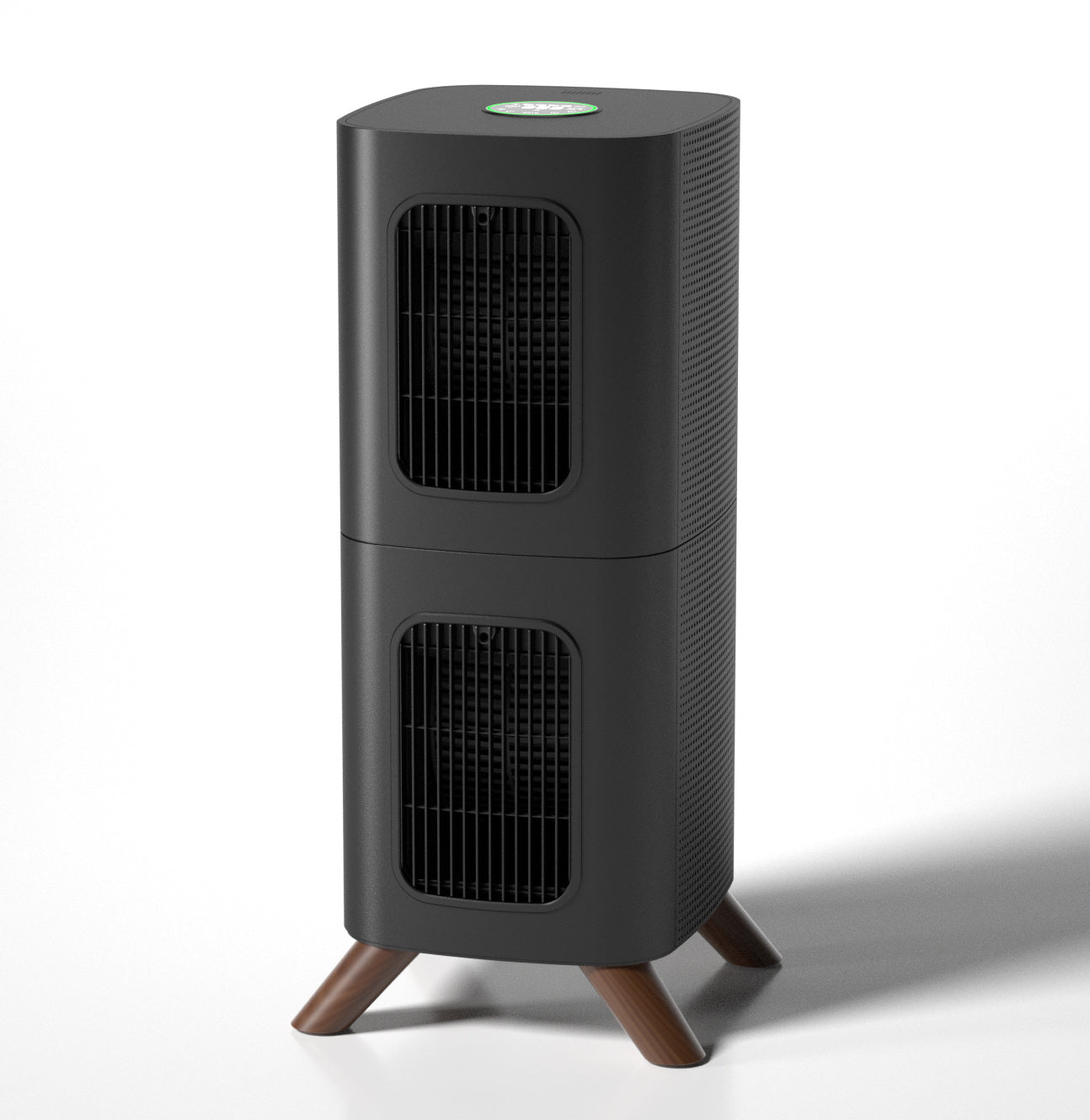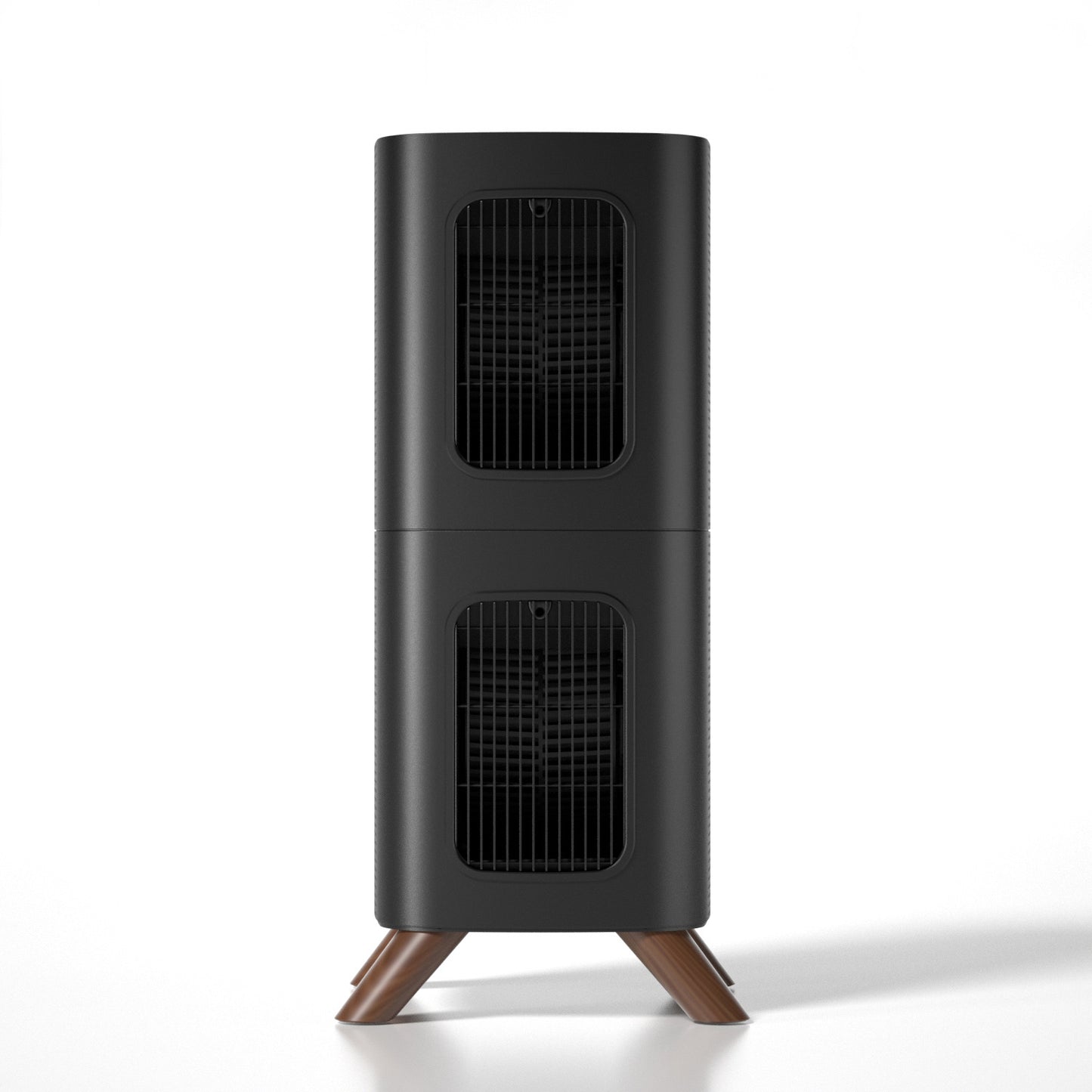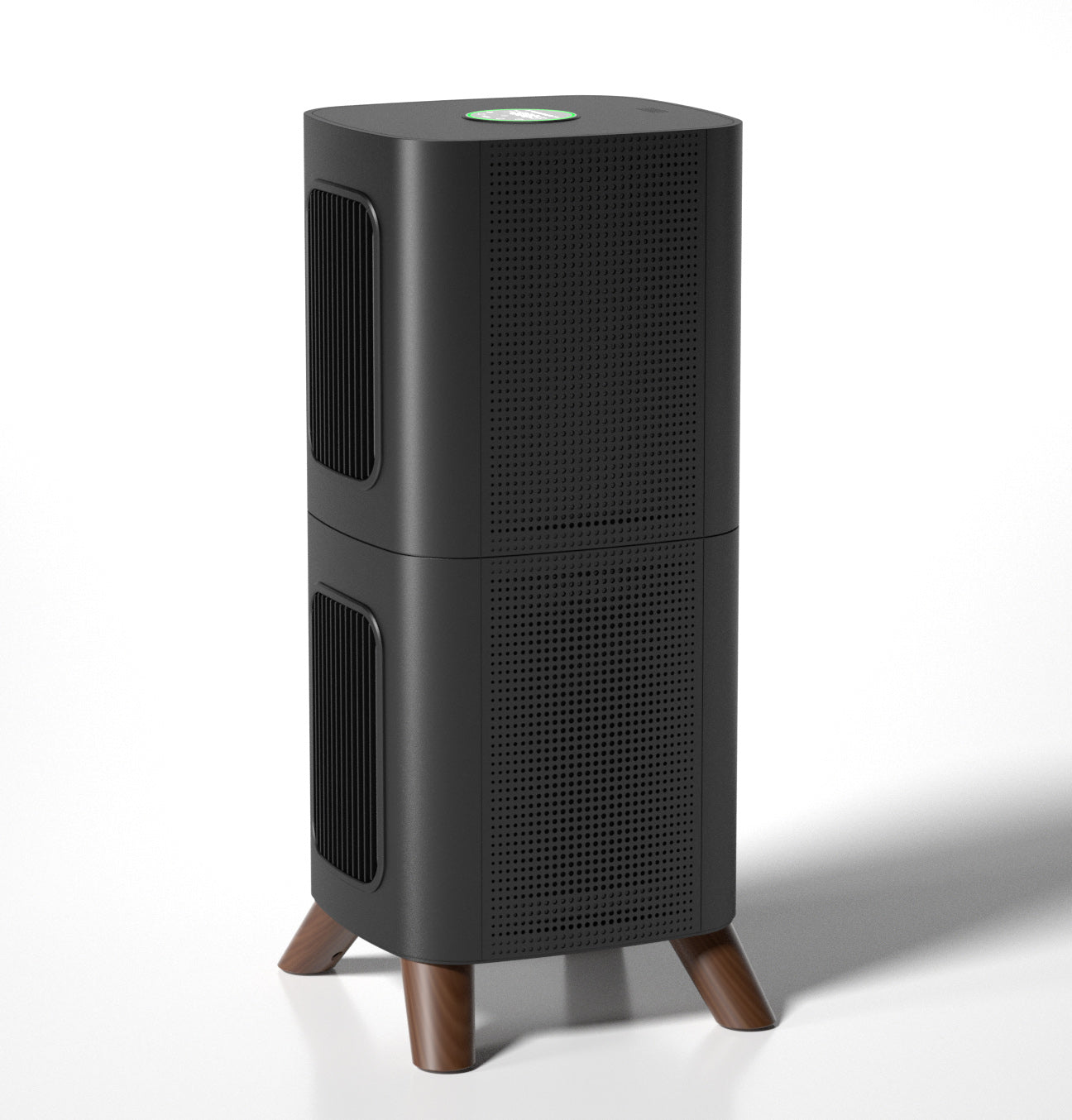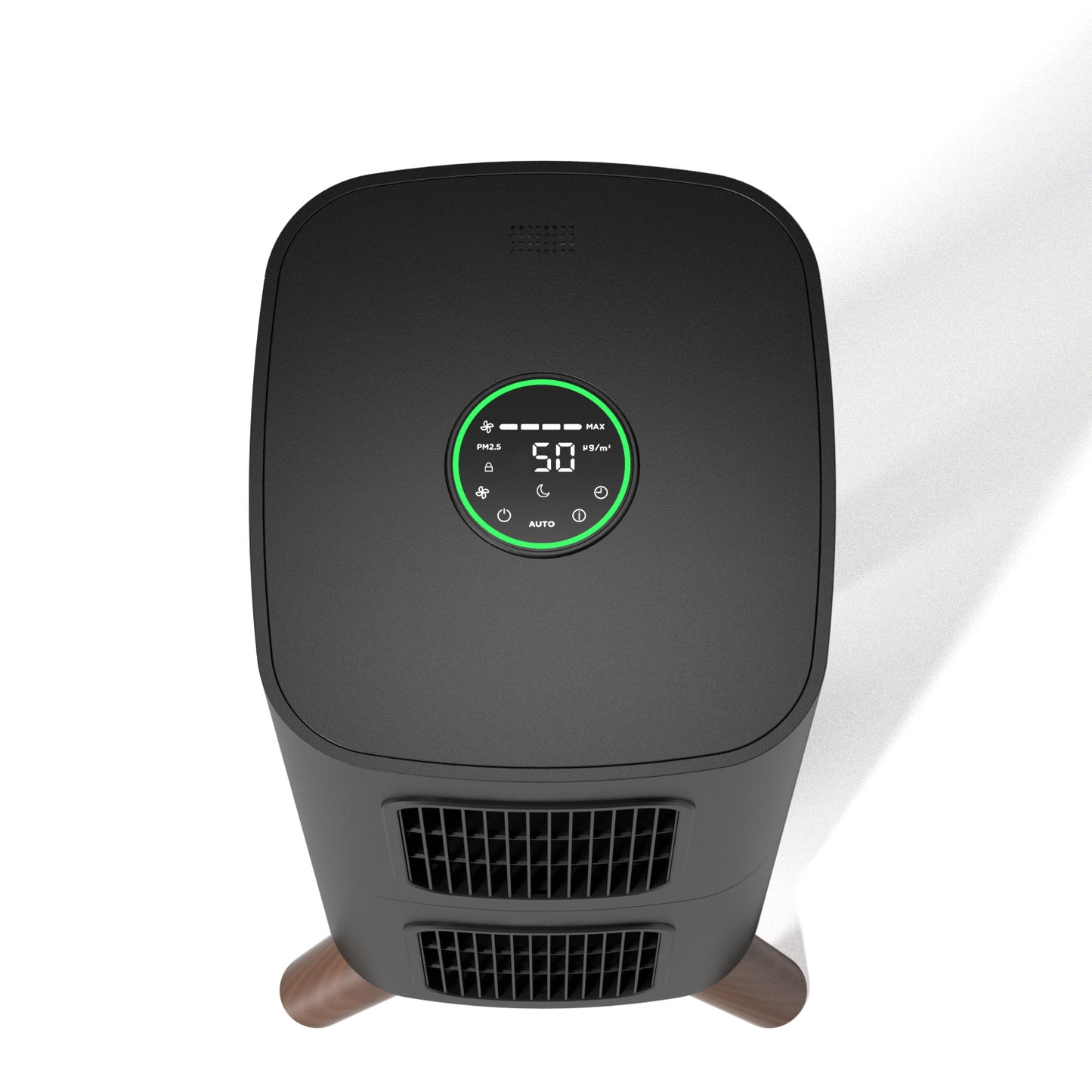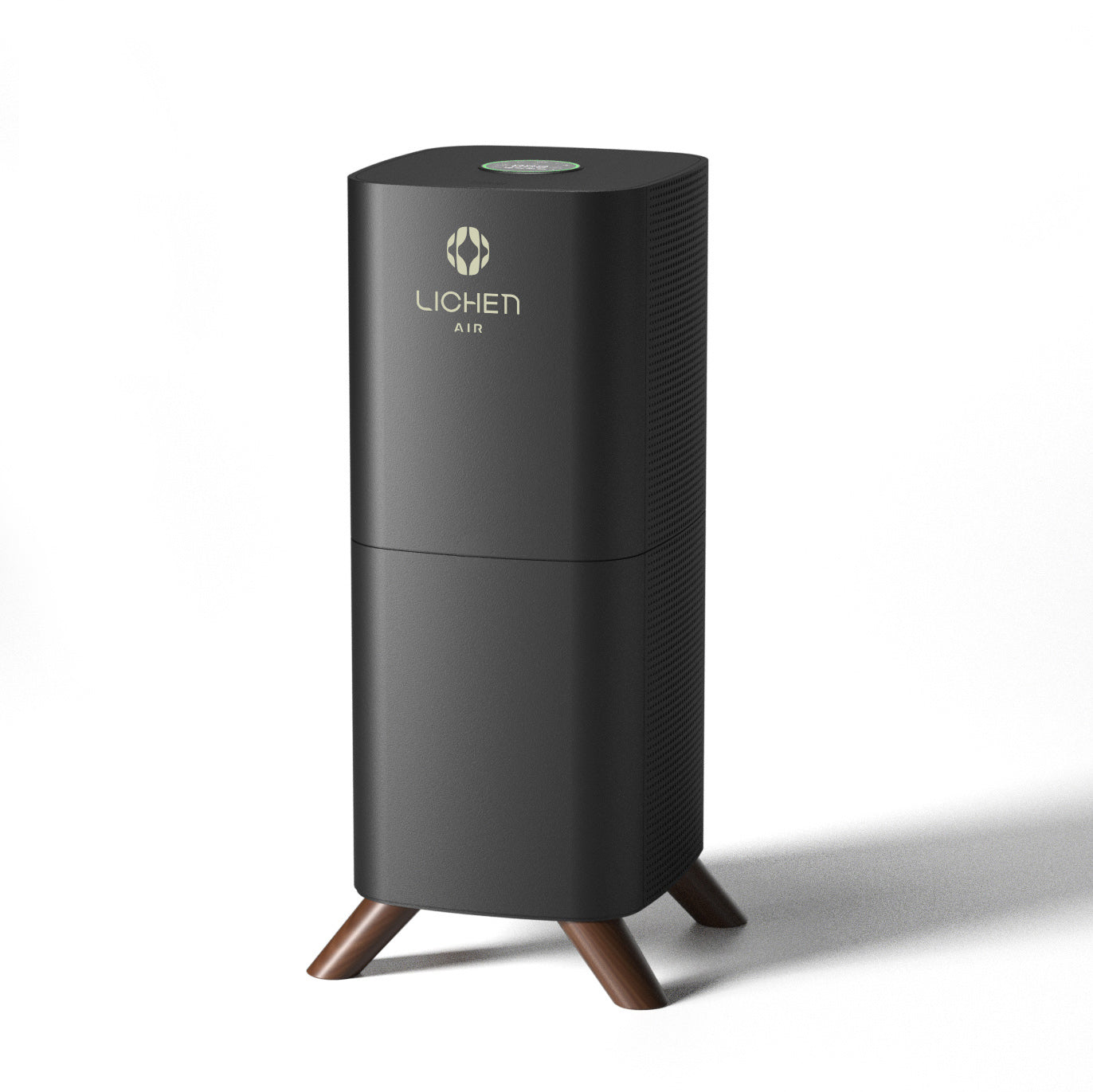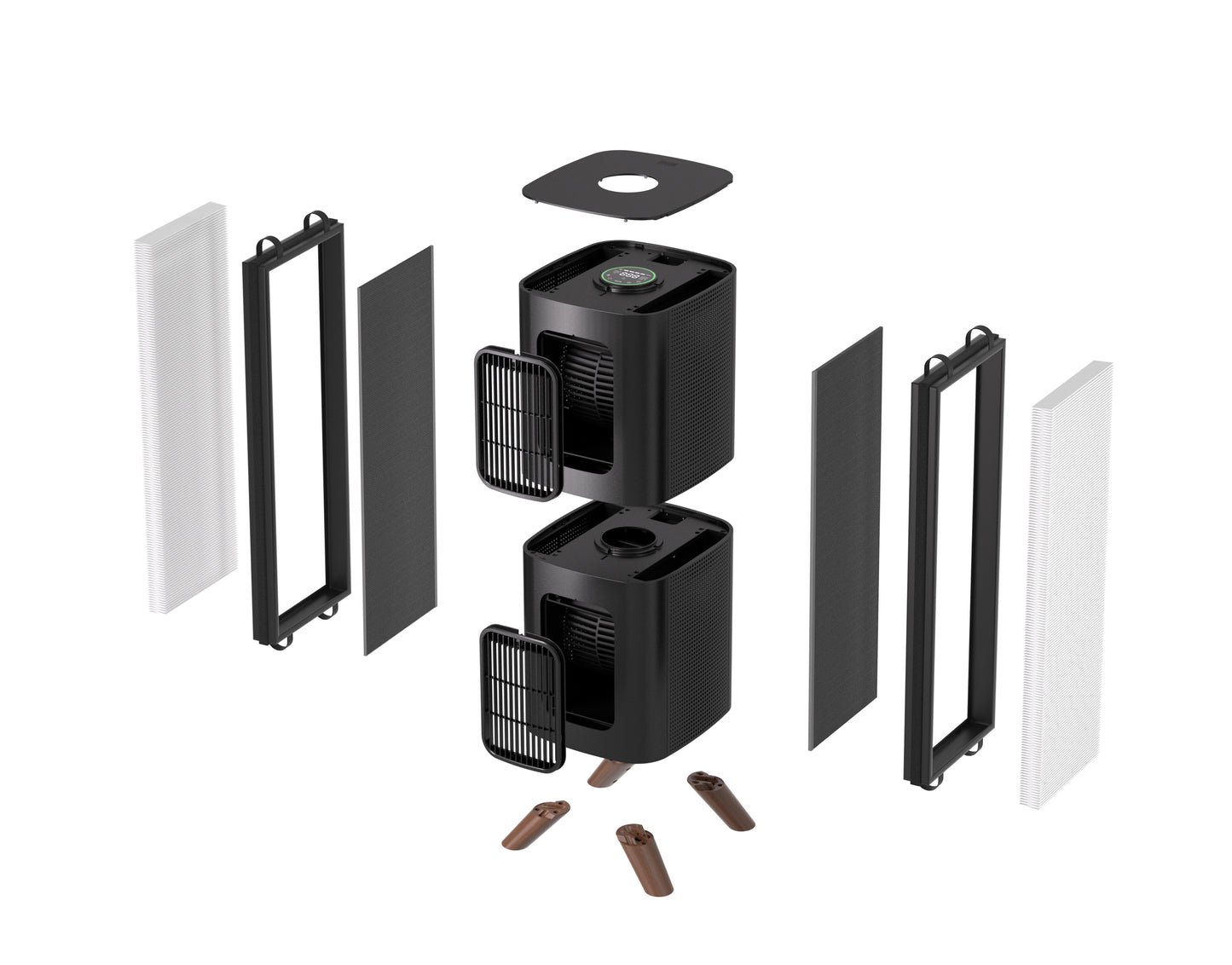
How Indoor Air Quality Affects Your Longevity
Share
Indoor air quality (IAQ) is often overlooked when considering factors that influence long-term health and longevity. While we carefully monitor our diets, exercise routines, and sleep habits, the air we breathe inside our homes and workplaces can have just as profound an impact on our well-being. Poor indoor air quality has been linked to a range of chronic diseases, while optimizing air quality can contribute to a longer, healthier life.
The Hidden Dangers of Poor Indoor Air Quality
Many pollutants compromise IAQ, including particulate matter (PM), volatile organic compounds (VOCs), carbon monoxide, radon, and mold spores. These airborne contaminants originate from everyday sources such as cleaning products, furniture, building materials, and cooking fumes. Over time, prolonged exposure can contribute to the development of serious health conditions, including:
-Respiratory Diseases: Chronic exposure to indoor air pollution increases the risk of asthma, chronic obstructive pulmonary disease (COPD), and lung infections.
-Cardiovascular Issues: Airborne pollutants can trigger inflammation and oxidative stress, leading to high blood pressure, heart disease, and even stroke.
-Cognitive Decline: Emerging research suggests a strong link between air pollution and neurodegenerative diseases such as Alzheimer’s and Parkinson’s.
-Immune System Suppression: Poor IAQ can lead to chronic inflammation, weakening the immune system and making the body more vulnerable to infections and autoimmune disorders.
-Cancer Risks: Long-term exposure to certain indoor air pollutants, such as radon and benzene, has been associated with an increased risk of lung and other cancers.
How Improving Air Quality Can Prolong Your Life
The good news is that mitigating indoor air pollution is both achievable and beneficial for long-term health. Here are key strategies to enhance IAQ and potentially extend lifespan:
-Increase Ventilation: Regularly open windows and use exhaust fans to circulate fresh air and reduce indoor pollutant concentrations.
-Invest in High-Efficiency Air Purifiers: Devices equipped with HEPA-14 filters can remove fine particulate matter and allergens, significantly improving air quality.
-Choose Low-VOC Products: Opt for natural cleaning supplies, low-VOC paints, and non-toxic furniture to reduce chemical emissions.
-Maintain Indoor Plants: Certain houseplants, such as spider plants and peace lilies, help absorb toxins and improve oxygen levels.
-Reduce Humidity Levels: Using dehumidifiers and fixing leaks can prevent mold growth, which contributes to respiratory problems.
-Monitor Air Quality: Use IAQ sensors to track pollutant levels and take proactive steps when necessary.
A Long-Term Investment in Health
Prioritizing indoor air quality is an investment in longevity. With increasing evidence linking IAQ to chronic diseases and premature aging, making conscious improvements to your indoor environment can enhance overall well-being and reduce long-term health risks. By taking proactive measures today, you can breathe easier knowing that your future self will thank you for it.


